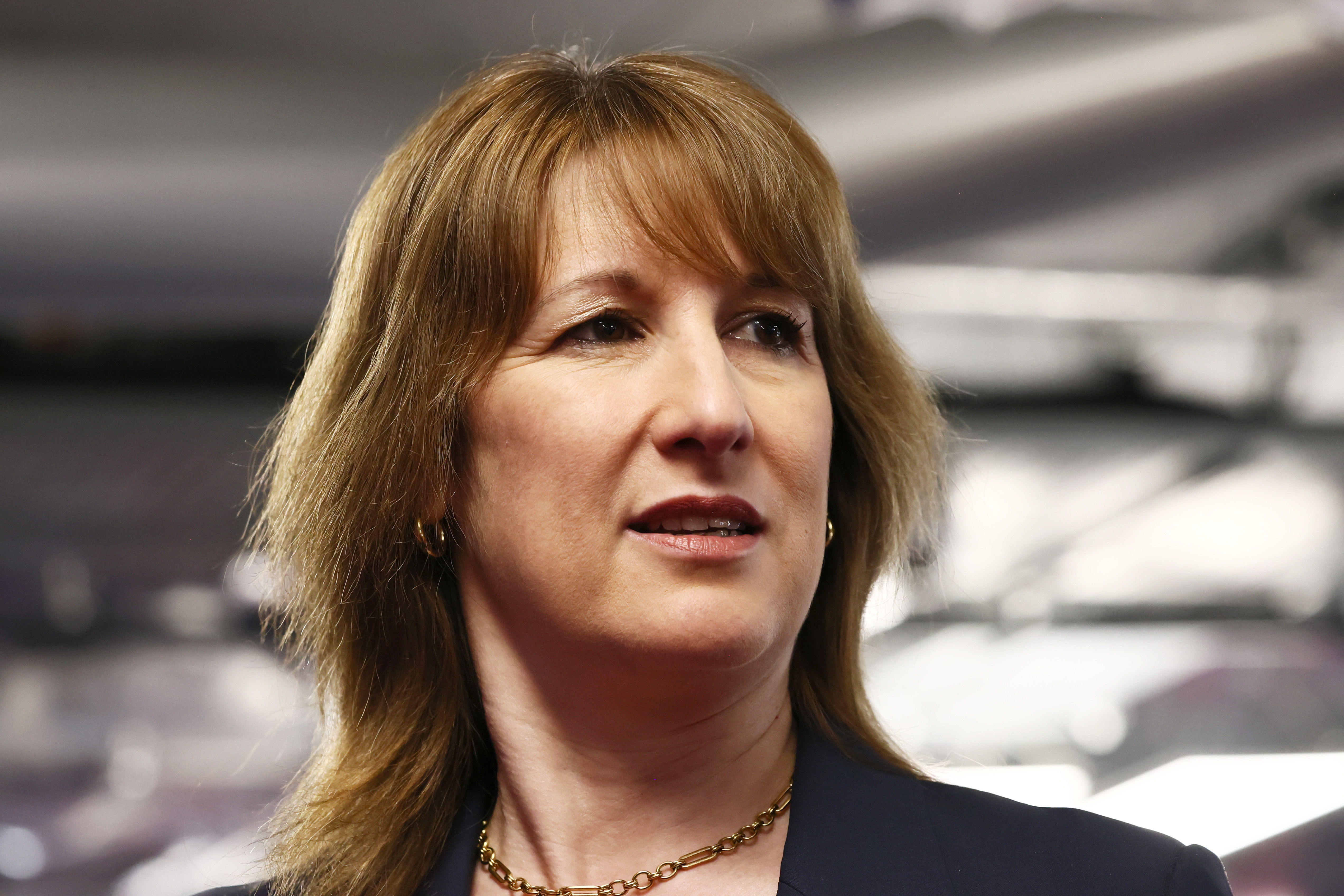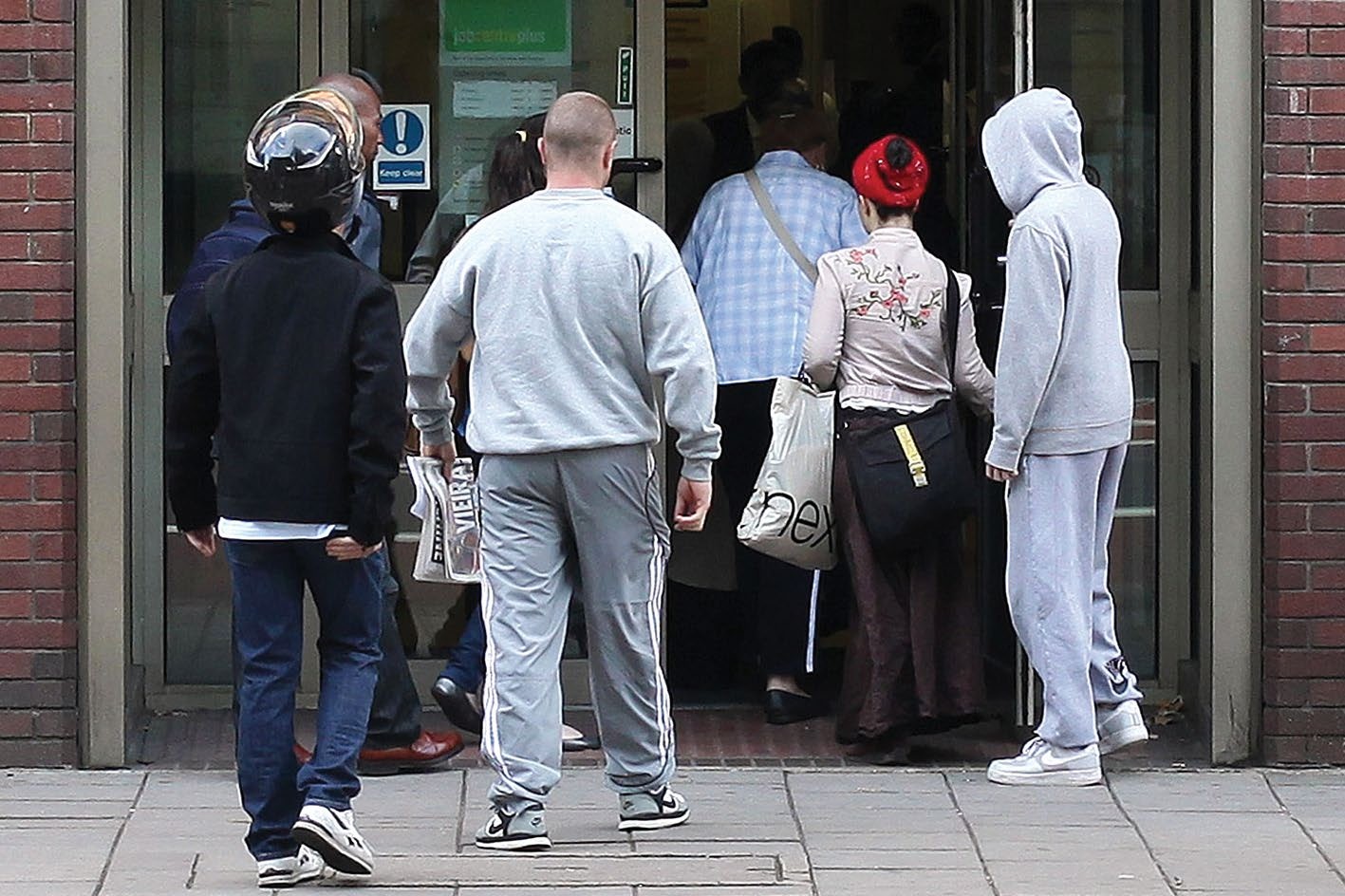How Brexit will affect sterling
The EU referendum result led to an immediate drop in the value of sterling. Matthew Partridge looks at how Brexit could affect the pound in the long term.

Get the latest financial news, insights and expert analysis from our award-winning MoneyWeek team, to help you understand what really matters when it comes to your finances.
You are now subscribed
Your newsletter sign-up was successful
Want to add more newsletters?

At one point last year it was below $1.20, down 20% from its pre-vote levels. Recently it has staged a mini-recovery, though it is still below $1.30. To get an idea of what is going to happen in the future, both in terms of sterling and the wider picture, we've turned to Yann Quelenn, a forex market strategist with Swissquote, Switzerland's largest online bank.
In particular, because there is a chance that imports from Britain may face tariffs in the future, many European firms "are searching for potential replacements". As he puts it, "why would you import from the UK now if there is a threat that trade agreements in the future will ruin the profitability of your business by increasing costs"?
Meanwhile there is increasing evidence that the UK economy is slowing. Not only were "recent GDP figures lower than expected" but retail sales are also "falling at the fastest rate in seven years". This suggests that quarterly growth figures are likely to continue to disappoint "for the next few years".
Try 6 free issues of MoneyWeek today
Get unparalleled financial insight, analysis and expert opinion you can profit from.

Sign up to Money Morning
Don't miss the latest investment and personal finances news, market analysis, plus money-saving tips with our free twice-daily newsletter
Don't miss the latest investment and personal finances news, market analysis, plus money-saving tips with our free twice-daily newsletter
The Bank of England also faces a growing dilemma. On the one hand falling output would strengthen the case for keeping rates constant or even loosening further. However, there is also evidence that the weak pound means that "inflation is getting strong". As a result, it may be forced to "start hinting about a possible tightening".
Quelenn thinks that the way that the divorce negotiations are conducted will be "key" to how sterling behaves over the next year. Acrimonious or unproductive negotiations will be bad for sterling, with the present uncertainty "already sending the Pound lower". He admits that Macron's recent election could make things worse in this regard. Not only does the new French leader "believe that the UK has more to lose than the EU", but he "wants to make the UK exit harder so as to avoid the impression that it is easy to leave the EU". Certainly, "he will encourage Brussels to take a harder line", though his position may be tempered by growing French euroscepticism.
However, Quelenn emphaises that it's important not to get carried away by all this talk of doom and gloom. After all, despite the current weakness, the British economy "is still not collapsing in the way that some had warned during the refendum campaign". Indeed, the UK is actually "doing better than many Western countries which are still struggling with high unemployment rates, low growth and deflation". What's more, he believes that the "no deal" scenario of Britain leaving and reverting to trade with Europe on WTO terms is unlikely, "especially in a world where free trade is favoured". May will also come under a huge amount of pressure from industry to agree a trade deal.
If a deal is indeed agreed, as Quelenn predicts it will be, then sterling should rebound substantially. Indeed, he strongly believes that "fears around the negotiation mean that sterling is currently undervalued" and that unless there is a major change, its recent improvement will continue. A reduction in uncertainty would also help boost output, which in turn would help real wages to improve again. This would make it much easier for the Bank of England to raise rates without reducing growth.
Get the latest financial news, insights and expert analysis from our award-winning MoneyWeek team, to help you understand what really matters when it comes to your finances.

-
 Tax receipts: Rachel Reeves 'should hand back the cash'
Tax receipts: Rachel Reeves 'should hand back the cash'Opinion Chancellor Rachel Reeves is cheering higher-than-expected tax receipts. But where has the money come from?
-
 The scourge of youth unemployment in Britain
The scourge of youth unemployment in BritainYouth unemployment in Britain is the worst it’s been for more than a decade. Something dramatic seems to have changed in the labour markets. What is it?